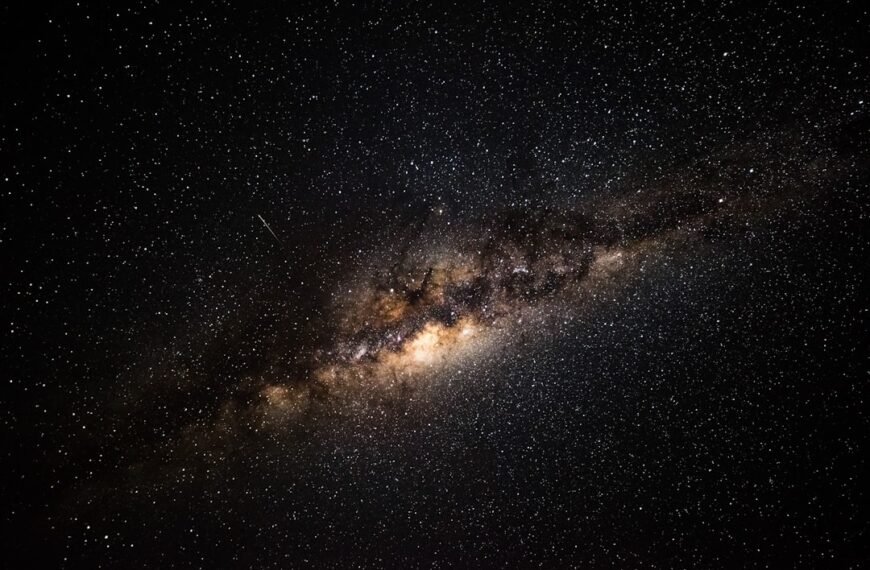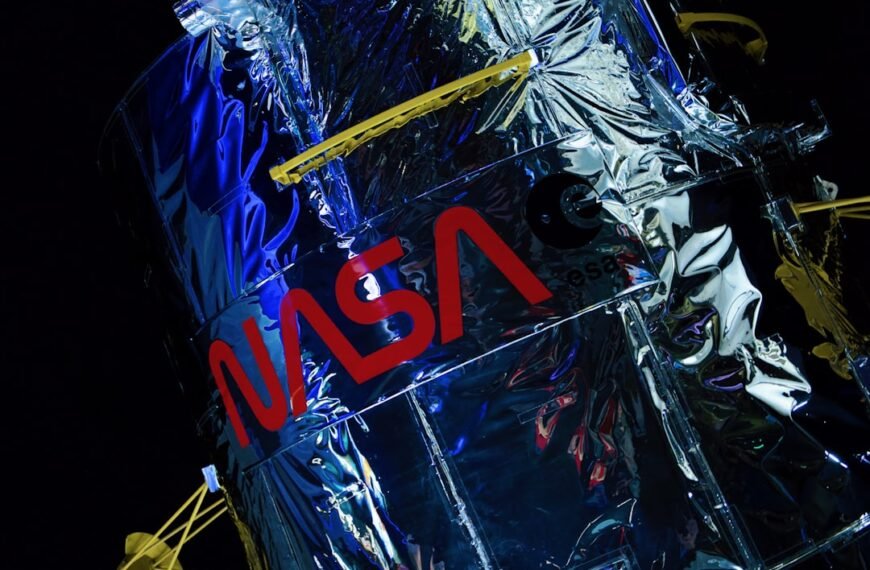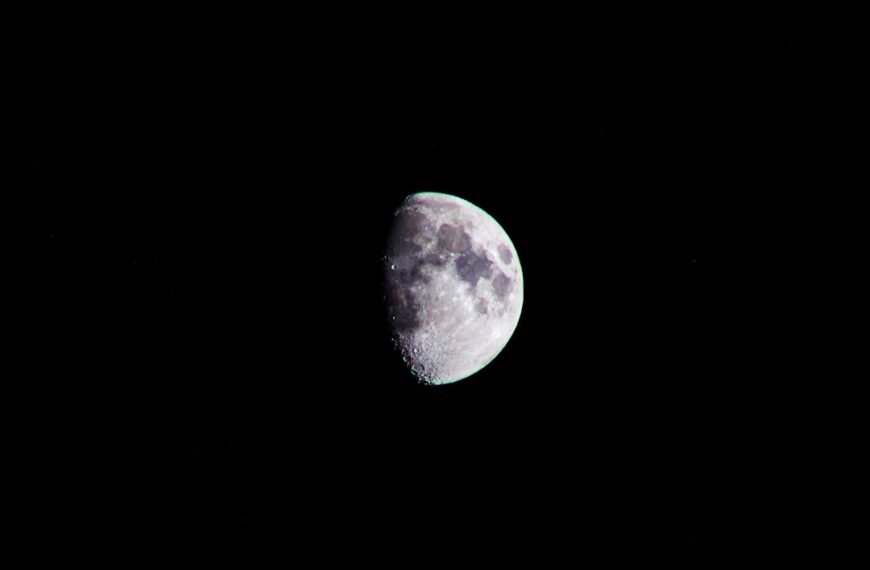The search for extraterrestrial life has captivated the human imagination for centuries. From ancient myths and legends to modern scientific exploration, the idea of life beyond Earth has always been a source of fascination. One of the key factors in the search for life is the presence of water. Water is essential for life as we know it, and its presence on other planets and moons could indicate the potential for habitable environments. In this article, we will explore the role of water in the search for extraterrestrial life and its implications for our understanding of the universe.
Key Takeaways
- Water is crucial in the search for extraterrestrial life.
- Understanding the origins of water in the universe is important for determining habitability.
- Water plays a role in shaping planetary geology and climate.
- Discovering water on other worlds could lead to new insights into the history and evolution of the solar system.
- The discovery of life beyond Earth has ethical and philosophical implications.
The search for extraterrestrial life: how water plays a crucial role
Water is often referred to as the “universal solvent” because it has the ability to dissolve a wide range of substances. This property makes it an ideal medium for chemical reactions, which are essential for life. Water also has a unique ability to maintain a stable temperature, which is crucial for the survival of living organisms. Additionally, water provides a medium for transporting nutrients and waste products within living organisms.
In the search for extraterrestrial life, scientists look for signs of water on other planets and moons because it is a necessary ingredient for life as we know it. The presence of liquid water is particularly important, as it provides an environment where complex chemical reactions can occur. Scientists have discovered evidence of liquid water on Mars, Europa (a moon of Jupiter), and Enceladus (a moon of Saturn), among other celestial bodies. These discoveries have sparked excitement and further exploration to determine if these environments could support life.
Understanding the origins of water in the universe
The origins of water in the universe are still not fully understood, but there are several theories that attempt to explain its presence on Earth and other celestial bodies. One theory suggests that water was brought to Earth by comets and asteroids during the early stages of the solar system’s formation. These icy bodies contain large amounts of water, and when they collide with planets, they can deliver water to their surfaces.
Another theory proposes that water may have been formed through chemical reactions in the early solar system. Hydrogen and oxygen, the two elements that make up water, are among the most abundant elements in the universe. Under certain conditions, these elements can combine to form water molecules. This theory suggests that water may have been present on Earth from its very beginning.
Implications for the habitability of other planets and moons
The discovery of water on other planets and moons has significant implications for the potential habitability of these environments. Liquid water is considered one of the key requirements for life as we know it, so its presence increases the chances of finding habitable environments beyond Earth. The search for water-rich environments is a priority for scientists studying astrobiology, as it provides clues about the potential for life to exist elsewhere in the universe.
In addition to searching for liquid water, scientists also look for biosignatures in water-rich environments. Biosignatures are signs of life that can be detected through scientific instruments. These can include the presence of certain chemicals or molecules that are indicative of biological activity. By studying water-rich environments, scientists hope to find evidence of past or present life on other planets and moons.
The potential for colonization and space exploration
Water is not only essential for life on Earth but also for sustaining human life in space. The presence of water on other worlds could provide valuable resources for future space exploration and colonization efforts. Water can be used for drinking, growing food, generating oxygen, and producing rocket fuel. By utilizing water resources on other worlds, humans could potentially establish sustainable colonies beyond Earth.
In recent years, there has been a growing interest in exploring the possibility of mining water from celestial bodies such as the Moon and asteroids. These resources could be used to support long-duration space missions and enable the establishment of permanent human settlements in space. The discovery of water on other planets and moons has opened up new possibilities for the future of space exploration.
The role of water in shaping planetary geology and climate

Water has a profound impact on the geology and climate of planets and moons. On Earth, water has shaped the landscape through erosion, weathering, and the formation of features such as rivers, lakes, and oceans. Similarly, the presence of water on other celestial bodies can lead to the formation of unique geological features.
For example, Mars is believed to have had a much wetter past, with evidence of ancient riverbeds and lakebeds. The presence of water on Mars in the past suggests that it may have had a more Earth-like climate and potentially even supported life. By studying the geological features associated with water, scientists can gain insights into the history and evolution of other planets and moons.
Insights into the history and evolution of the solar system
Water plays a crucial role in the formation and evolution of the solar system. The presence of water on Earth and other celestial bodies provides clues about the early stages of the solar system’s development. By studying water-rich environments, scientists can gain insights into how planets and moons formed, how they acquired their water, and how they have changed over time.
For example, comets are thought to be remnants from the early solar system and contain large amounts of water ice. By studying comets, scientists can learn more about the conditions that existed during the formation of the solar system. Additionally, studying water-rich environments can provide insights into how planets and moons have evolved over billions of years.
The possibility of discovering new and unique forms of life
The discovery of water on other planets and moons raises the possibility of finding life that is different from life on Earth. While all life on Earth is based on carbon chemistry, it is possible that life elsewhere in the universe could be based on different chemical elements or have different biochemistry. This opens up the potential for discovering new and unique forms of life.
One area of interest in the search for extraterrestrial life is the study of extremophiles. Extremophiles are organisms that can survive in extreme environments, such as high temperatures, high pressures, or acidic conditions. By studying extremophiles on Earth, scientists hope to gain insights into the potential for life to exist in extreme environments elsewhere in the universe.
The impact of finding water on our understanding of astrobiology
The discovery of water on other planets and moons has significant implications for the field of astrobiology. Astrobiology is the study of the origin, evolution, and distribution of life in the universe. The presence of water in other environments increases the chances of finding habitable environments and potentially even life beyond Earth.
Finding water on other worlds would provide valuable data for scientists studying astrobiology. It would help refine our understanding of the conditions necessary for life to exist and potentially provide insights into the origins of life. The discovery of water-rich environments could also lead to new discoveries and breakthroughs in the field of astrobiology.
The challenges and opportunities of studying water on other worlds
Studying water on other worlds presents several technical challenges. The distances involved make it difficult to send spacecraft to other planets and moons, and the harsh conditions in space can pose risks to equipment and instruments. Additionally, analyzing samples from other celestial bodies can be challenging due to contamination concerns.
However, studying water on other worlds also presents exciting opportunities for new discoveries and breakthroughs. Advances in technology have made it possible to explore remote environments and collect data from distant celestial bodies. Scientists are continually developing new instruments and techniques to study water-rich environments and search for signs of life beyond Earth.
The ethical and philosophical implications of discovering life beyond Earth
The discovery of life beyond Earth would have profound ethical and philosophical implications. It would challenge our understanding of our place in the universe and raise questions about the nature of life and its origins. The existence of extraterrestrial life could also have implications for religion, as it may challenge certain religious beliefs and interpretations.
Additionally, the discovery of extraterrestrial life could raise ethical questions about how we should interact with other intelligent beings. It would require careful consideration of our responsibilities and obligations towards these beings, as well as the potential impact on our own society and culture.
Water plays a crucial role in the search for extraterrestrial life and has significant implications for our understanding of the universe. Its presence on other planets and moons increases the chances of finding habitable environments and potentially even life beyond Earth. The discovery of water-rich environments opens up new possibilities for space exploration, colonization, and the study of astrobiology. While there are still many challenges to overcome, the search for water on other worlds continues to drive scientific exploration and inspire new discoveries.
If you’re interested in exploring the significance of finding water on other planets and moons, you might want to check out this fascinating article on The Universe Episodes website. It delves into the implications of this discovery and how it could potentially shape our understanding of extraterrestrial life. To learn more, click here.
FAQs
What is the significance of finding water on other planets and moons?
Finding water on other planets and moons is significant because it is a key ingredient for life as we know it. It also provides potential resources for future human exploration and colonization.
How do scientists detect water on other planets and moons?
Scientists use a variety of methods to detect water on other planets and moons, including analyzing the chemical composition of the surface and atmosphere, studying the behavior of water molecules in the environment, and using remote sensing techniques such as radar and spectrometry.
What are some of the places where water has been found in our solar system?
Water has been found on Mars, the Moon, Europa (a moon of Jupiter), Enceladus (a moon of Saturn), and several other bodies in our solar system.
What are the implications of finding water on Mars?
Finding water on Mars is significant because it suggests that the planet may have once had conditions that were suitable for life. It also provides potential resources for future human exploration and colonization.
What are the implications of finding water on moons like Europa and Enceladus?
Finding water on moons like Europa and Enceladus is significant because it suggests that these bodies may have subsurface oceans that could potentially harbor life. It also provides potential resources for future human exploration and colonization.
What are some of the challenges associated with exploring and studying water on other planets and moons?
Some of the challenges associated with exploring and studying water on other planets and moons include the harsh environments, the difficulty of accessing subsurface water, and the potential for contamination from Earth-based spacecraft.
I, the Author
I believe this article showcases the vital role of water in the search for extraterrestrial life, emphasizing its importance in habitability, geology, and potential discoveries.
Benefits of Reading
Reading this article provides insights into the significance of water in understanding the universe, potential for new forms of life, implications for astrobiology, and challenges and opportunities in studying water on other worlds.
Main Message
The main message of this article is to highlight how water plays a crucial role in the search for extraterrestrial life, shaping our understanding of habitability, planetary geology, and the potential for life beyond Earth.
























